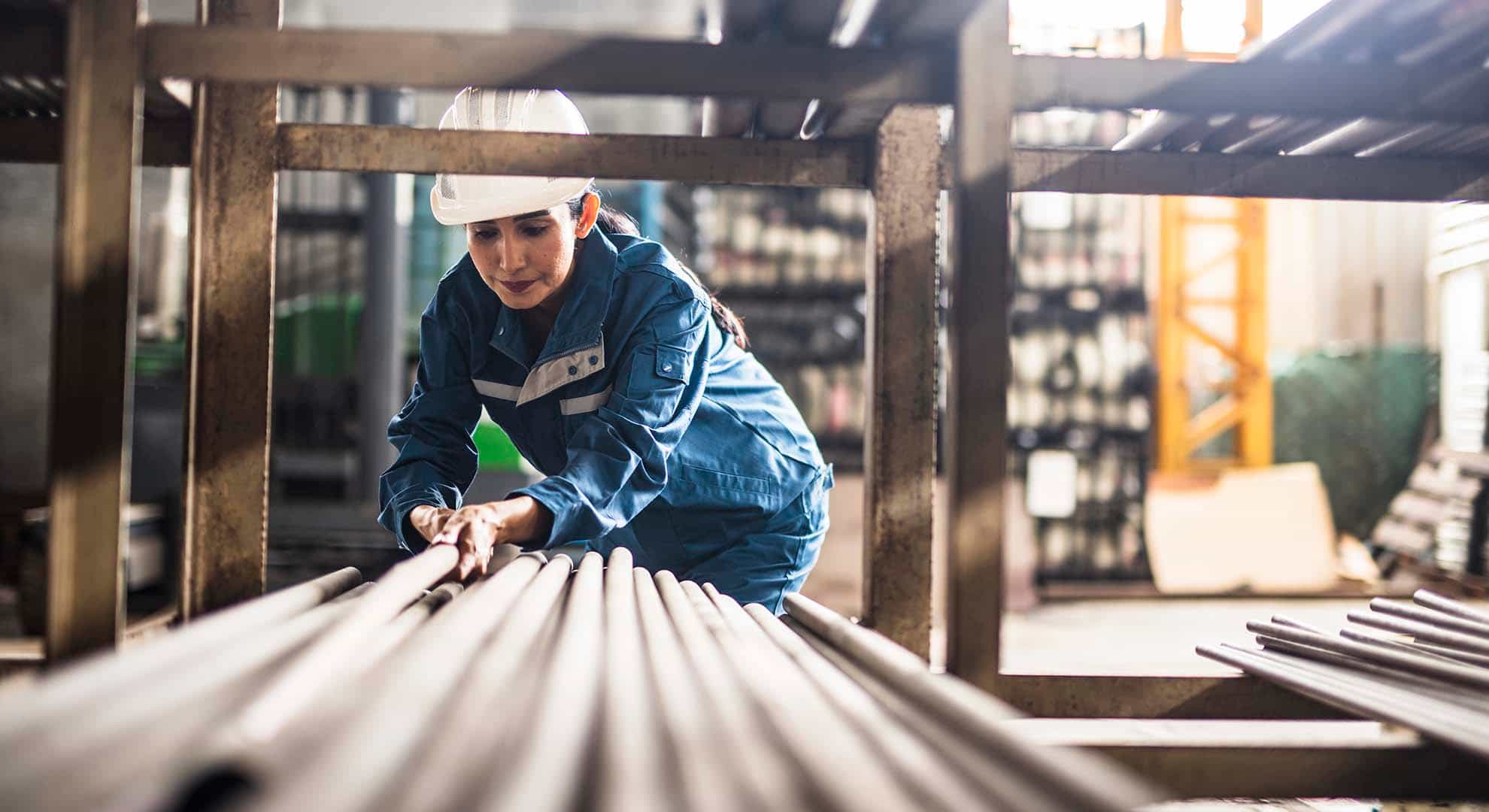
Circular Construction Hub aims to increase reuse of building materials and drive investment in Scotland
- Zero Waste Scotland will model a Circular Construction Hub that can attract external investment and demonstrate reuse of construction materials at scale.
- The initiative has significant potential to help businesses navigate rising material costs and develop more resilient supply chains, while also closing in on their own net zero ambitions.
- The project is being launched at the start of EU Green Week, an annual environmental conference that this year explores circular solutions and their economic benefits.
Scotland is to pioneer a new initiative that aims to increase uptake and accessibility of reused construction materials and showcase the sector as a lucrative investment opportunity.
The nation is one of four in Europe selected to model a Circular Construction Hub – a second-hand marketplace for materials used in building and infrastructure projects.
Led by Zero Waste Scotland, the nation’s circular economy public body, and launching at the start of EU Green Week, the project will see an investment-ready Circular Construction Hub model prepared by December 2027.
The initiative has huge potential to keep valuable materials in good use for longer, generating significant benefits for Scotland’s economy and environment and accelerating Scotland’s circular economy ambitions.
Taking a circular approach to construction can:
- create new opportunities for business;
- support domestic job creation in repair, reuse and remanufacturing;
- support the development of better markets for reused materials; and,
- improve economic resilience against future economic shocks.
For individual businesses adopting circular models helps reduce costs, improve efficiency, and boost profitability.
Scotland is one of just four European locations to pilot a Circular Construction Hub, alongside Munich, Lisbon, and Denmark. It’s part of CirCoFin (Circular Construction Finance), an initiative funded by the European Union that aims to make reusing construction materials the norm.
Iain Gulland, Chief Executive of Zero Waste Scotland said:
“Developing a workable model for a Circular Construction Hub is an important opportunity for Scotland to lead by example and build on the success of our existing network of smaller community and commercial hubs across the country.
“It has enormous potential to help us forefront reuse as a convenient and aspirational option for businesses and simultaneously generate promising opportunities for sustainable investment in Scotland.”
Creating a circular built environment is one of seven opportunities identified in Scotland’s first-ever analysis of the circular economy in Scotland, the “Circularity Gap Report”. Delivered by Zero Waste Scotland in collaboration with Circle Economy, the report states that by developing resource-efficient planning and construction Scotland could cut its material consumption by 11.2% and its carbon footprint by 11.5%.
What’s more, the reuse of construction materials and assets are a priority action identified by the Scottish Government in the Circular Economy and Waste Route Map to 2030. The Route Map sets out an ambitious plan to deliver actions that the government and others must take to accelerate progress towards a circular economy between now and 2030.
Acting Net Zero Secretary Gillian Martin said:
“There are huge opportunities in having an economy which makes reuse and recycling the default choice.
“We have already seen businesses creating jobs by turning what we might otherwise throw away into valuable new products and services.
“This Circular Construction Hub pilot helps to progress actions from our 2030 Route Map – by helping to tackle construction waste, which accounts for up to 50% of all waste in Scotland.
“It will also secure supplies of critical construction materials and help construction businesses save money by keeping construction materials in use for longer.”
The EU-funded project will run to December 2027, with Zero Waste Scotland undertaking feasibility studies and sector engagement before developing a workable model.
Ends
Editor’s Notes:
What is a Circular Construction Hub?
A Circular Construction Hub is a physical site or digital platform (or a combination of both) that allows the exchange of a range of materials, either for free or at a cost, to be used for what they were originally manufactured for.
Zero Waste Scotland is conducting feasibility work and engaging with sector stakeholders in Scotland’s Central Lowlands region – which captures Glasgow, Edinburgh, Falkirk, Stirling, Perth and Dundee – to inform the design of a model Hub.
About CirCoFin
Circular Construction Finance (CirCoFin) is a Horizon EU funded project under the CCRI initiative. The project aims to create urban circularity markets for the construction sector through the implementation of Circular Construction Hubs, which combine both physical and digital marketplace solutions. Coordinated by the city of Munich, CirCoFin counts thirteen European partners, including four showcase cities and regions in Germany, Portugal, Scotland, and Denmark.
Please note that while CirCoFin is funded by the European Union, views and opinions expressed are those of the author only and do not necessarily reflect those of the European Union or the Research Executive Agency (REA). Neither the European Union nor the granting authority can be held responsible for them.
About Zero Waste Scotland
We’re Scotland’s circular economy public body, working with government, business, and communities to rewire the economy from our current “take, make, waste” model to one where we make the most of the materials we have. A zero waste, circular economy is the right choice - for people, planet and prosperity.
More information on all Zero Waste Scotland’s programmes can be found at https://www.zerowastescotland.org.uk/. You can also keep up to date with the latest from Zero Waste Scotland via our social media channels
- Twitter | Facebook | LinkedIn | Instagram
